Is Mauritius prepared to face a recession?
 Par
Eshan Dinally
Par
Eshan Dinally
 Par
Eshan Dinally
Par
Eshan Dinally
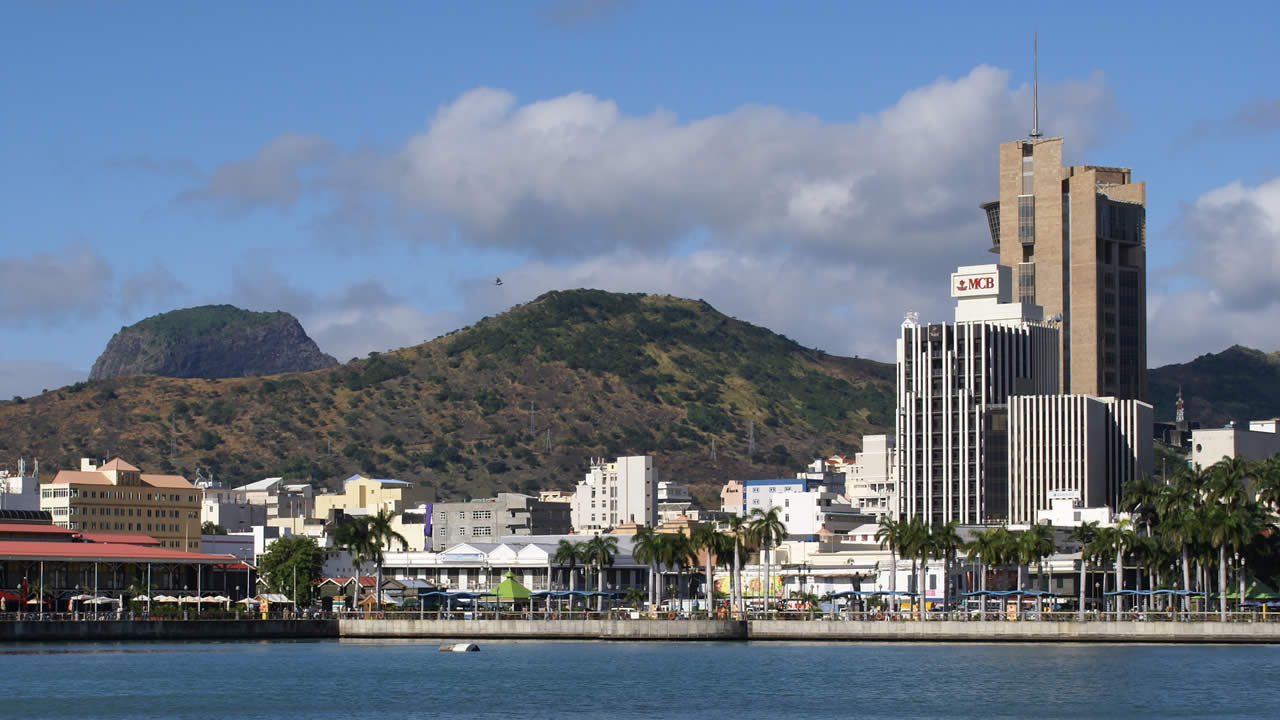
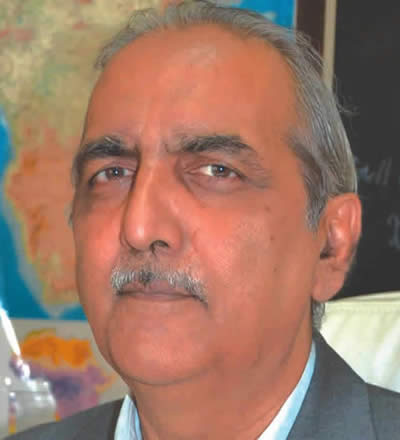 Rajiv Servansingh : “Incorrect to assume that Mauritius would be resilient”
Rajiv Servansingh : “Incorrect to assume that Mauritius would be resilient”According to the economic observer, although the threat of a global economic recession during this year is real, it is notoriously difficult to gauge the real extent of the threat in this highly volatile environment in which political events such as Donald Trump’s attempts to impose his protectionist agenda in the U S or the Brexit conundrum are causing immense damage to the global economy. “Under the circumstances it would be incorrect to assume that Mauritius would be resilient to such a severe slowdown in the global economy. It is also true, however, that the existence of such a threat need not necessarily spell all doom and gloom. I have always held the view that for a small island developing economy like ours, an intelligent redeployment of our resources and imaginative, proactive economic policies coupled with smart economic/trade diplomacy should allow us to keep our heads above water. Indeed, a slowdown in the global economic environment may be a catalyst for much needed internal reforms and transformations, which seem unrealizable if economic prospects look relatively good and economic operators as well as government feel that muddling through is a better option that the risks associated with real reforms.”
The areas most vulnerable to a global economic recession would, of course, be those that depend on foreign markets, he says. “Our exports of goods such as textiles and garments to mostly European and the American markets will be the most affected because these are the economies which will bear the brunt of the recession. The fall in aggregate demand in these economies, which is a key characteristic of a recession, will certainly affect our exports. Similarly, in case of a global economic recession, our export of services such as Tourism will be threatened. It is well known that in such times of economic uncertainty, even the wealthy are loathing at spending on such items as travelling for leisure, let alone the fact that the tourists visiting Mauritius seem to hail more and more from the middle and upper middle classes, which are most directly affected in case of a recession.”
For the economist Rajiv Servansingh, there are no magical solutions especially within a short time frame of a few months. However, learning from experience after the most recent Great Financial Crisis of 2008, it is clear that the knee jerk reaction of neo liberal ideologues to have recourse to austerity measures, is a losing proposition. “The lesson that has been learned by all those who are not blinded by theoretical and a historical ideology is that Keynesian economics have proven to be the most effective tools of intervention in the case of severe economic slowdown.”
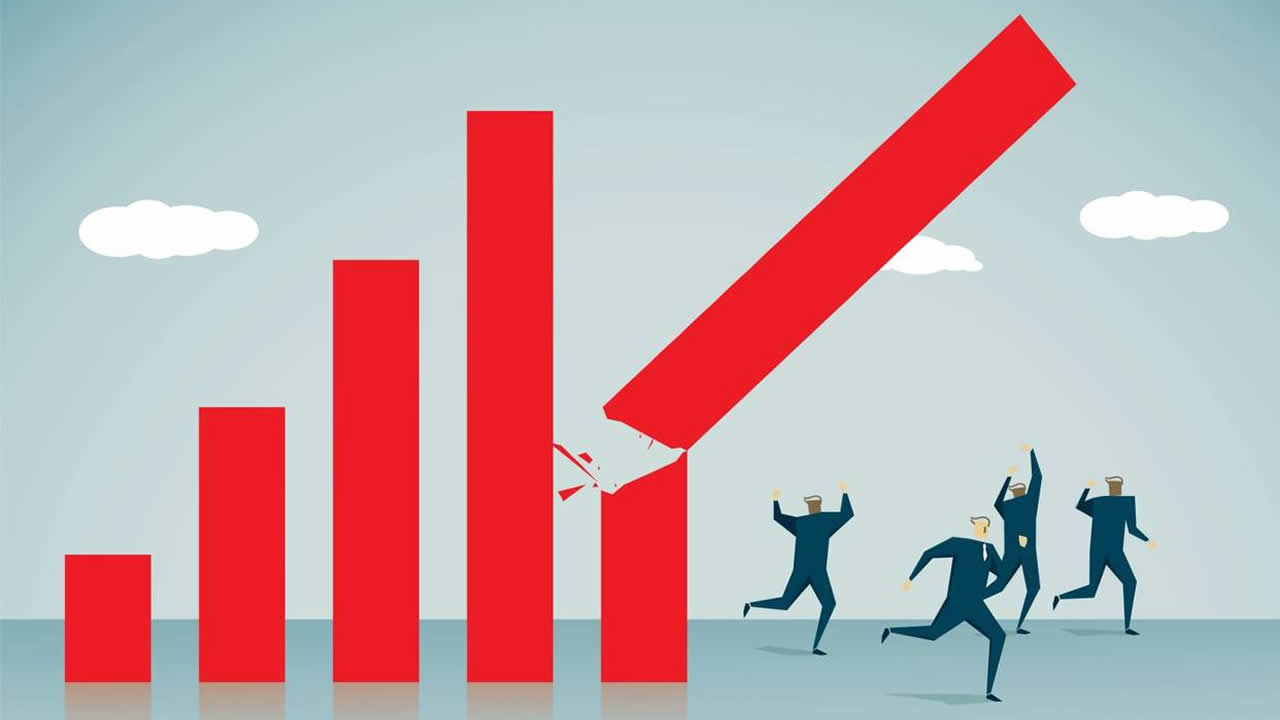
 Dr Vinaye Ancharaz : “Downside risks to global growth in 2019 abound”
Dr Vinaye Ancharaz : “Downside risks to global growth in 2019 abound”Vinaye Ancharaz, the economist, enunciates that those who predict a global recession in 2019 are probably not reading the economic data correctly or they don’t trust reports from certain reputable institutions. “The IMF, for example, forecasts global output to grow at 3.7% in 2019. This isn’t just a respectable figure, it is also the same as growth rates in 2017 and 2018, and the highest since 2011. In other words, world GDP growth is plateauing off. The world economy is not slowing down; it will continue to grow at the same rate as the past two years. So, if we are to trust the forecasts, there will be no global recession in 2019.”
However, downside risks to global growth in 2019 abound, he adds. “These include escalating trade tensions between the US and China, rising interest rates in the US, an unfavourable Brexit deal and political uncertainty in Europe, and China’s heavy debt burden, to mention just a few. While we hope for the best, let us keep in mind that any adverse event may send global growth downhill.”
The question of Mauritius facing a global recession in 2019 does not arise since there will be no global recession. However, the question of economic resilience remains a pertinent one in any case, he claims. “The Mauritian economy is a resilient one, and a sequence of events in the economic history of the country have proved it. Most recently, when the financial crisis hit, GDP growth at home dipped to 3.1% in 2009 from a peak of 5.5% the year before. Remarkably, growth stayed positive in Mauritius while it went into negative territory in some of our comparators, such as Singapore, Malaysia and Ireland. Yet, these economies were touted as some of the most robust and resilient in the world. When economic crisis struck again in 2011, GDP growth in Mauritius took a downturn but still averaged a respectable 3.5% over the next 7 years.”
He puts forward that the resilience of the Mauritian economy is the result of a confluence of factors: A diversified industrial base; a dynamic private sector; a robust public-private partnership, underpinned by strong institutions, and pro-active government policies in times of adversity. “Time and again, the Mauritian government has responded to economic shocks with ingenious policies, and the private sector has reacted appropriately to the policy stimulus. This is set to continue in the future.”
Additionally, he highlights that as an export-dependent economy, the extent to which Mauritius would be affected by a global recession will depend also on how it will impact our major export markets. With or without recession, the uncertainty around the Brexit negotiations is likely to hinder Mauritius’ exports to the UK, especially as we approach the fateful date of March 29, 2019. “Rather than overcoming the impact of a recession, the best course of action is to prepare the economy to sustain it. This calls for greater diversification — both in terms of products and markets — and a structural shift towards more resilient products and services. Unfortunately, the path of modernization that Mauritius has taken, with a focus on new sectors like global business, real estate, and entertainment and recreation, puts the country at greater risk. It is time to rethink of our development strategy, especially since some of these sectors have not delivered on their development promise.”
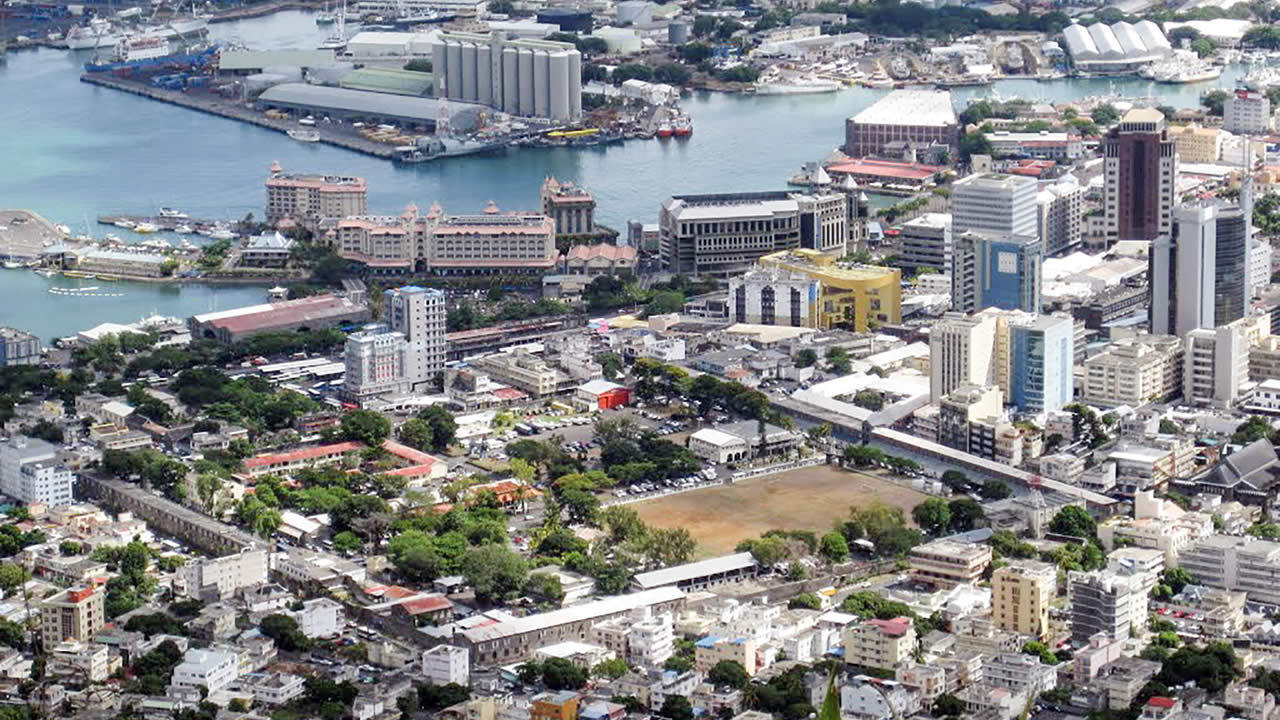
 Swadicq Nuthay : “All our sectors will be affected”
Swadicq Nuthay : “All our sectors will be affected” The economist, Swadicq Nuthay asserts that the outlook for the global economy has worsened with many economists now predicting a global slowdown in 2019 on account of ongoing U.S.-China trade dispute, worsening corporate earnings, mounting global debt and China’s deteriorating economic indices. “However, we are not talking about global economic recession similar to 2008 but rather a global slowdown. In its latest report, the World Bank has revised its forecast for the global economy downwards from 3.1% to 3.0% in 2018, from 3.0% to 2.9% in 2019, and from 2.9% to 2.8% in 2020, citing rising downside risks. Similarly, former chairperson of the Fed, Janet Yellen, also expressed her concerns about mounting corporate debt-high levels of corporate leverage could prolong the downturn and lead to lots of bankruptcies. Christine Lagarde, the Managing Director of the IMF, also stressed on the negative impact of the trade tension between the U.S. and China on the global economy.”
There are four main areas of worry that, taken together, suggest the global economy may be in a more fragile place than it was even at the eve of Lehman’s demise a decade ago. “First, as the Bank of International Settlements has repeatedly warned, there is a record level of indebtedness in the global economy. It is not just the amount of public and private debt which is worrying, but also the deterioration in average quality. Towards the end of December 2017, the total global debt was estimated at $237 trillion compared to $167 trillion in 2007, a full $70 trillion above pre-Lehman levels, according to the Institute of International Finance. US public debt-to-GDP ratio has risen to over 105 percent of GDP from around 65 percent of GDP in 2008, with projections of a continued rise. In the euro zone too, debt is now higher, 98% in Spain; and Italy’s public debt, already high in 2008, has now breached 130 percent of GDP, higher than its 2008 level. For some sectors and regions, corporate indebtedness is at 20-year highs.”
Second, he states that with quantitative easing having left central banks with a record $15 trillion of assets on their balance sheets, and interest rates still close to record lows, there is limited room for a robust monetary policy response to another shock.
Third, he says the political center, which was strong in 2008, has frayed considerably in almost all major economies. “Populism of both the far right and far left variety is rising, partly in response to the crisis.” Fourth is the collapse of trust and weakening in the international order. “The U.S. is pursuing not just an empty chair policy at international forums such as the G-7 and the G-20, which were crucial in marshalling international co-operation to tackle the last crisis, but also a bullying strategy vis-a vis the rest of the world.”
Headwinds stemming from a global economic slowdown will adversely impact our export earnings, which are already affected by falling sugar prices, the economist adds. “A slowdown in the US economic growth and the uncertainty surrounding Brexit will also impact on the growth of the manufacturing sector, already facing tough conditions on account of rising costs and declining productivity. Exports as a percentage of GDP has gone down from 23% in 2015 to 16% in 2018.”
A weakening global economic growth would also affect the tourism industry as well as the financial sector particularly the offshore segment, as we’ll likely see a decline in international trade and investment flows, he maintains. “The latest figures show a worsening of the current account deficit to Rs 9.8bn in 3rd quarter of 2018, as compared to a deficit of Rs 5.2bn in 3rd quarter of 2017. The country has recorded an overall balance of payments deficit of Rs 6.9 billion in 2018Q3 against a surplus of Rs 5.9 billion in 2017Q3. The surpluses in the capital account have not been sufficient to offset the current account deficit.”
With the main macroeconomic indicators already in the red, public debt at Rs 307.2bn in September 18, i.e. 64.2% of GDP, current account deficit at 6.2% of GDP, budget deficit for 2018/2019 at 3.2% of GDP, there is almost no leeway for us to shield ourselves from the potential adverse impact of an upcoming global economic slowdown. He underlines that most economists are predicting a global economic slowdown, not a global recession at this stage. “In the World Bank’s latest publication (Global Economic Prospects Jan 19), global growth is projected to decline as economic slack dissipates, monetary policy accommodation in advanced economies is removed, and global trade gradually slows.
A global slowdown in economic activity will affect all sectors of our economy. Exports will particularly suffer, earnings from both the manufacturing and the tourism industry will decline. There will be a negative impact on the financial sector as well - with a decrease in capital inflows and economic activity in general. Being heavily dependent on imports of food and fuel, exchange rate movements and global commodity prices will have a heavy impact on the CPI & our import bill as well.”
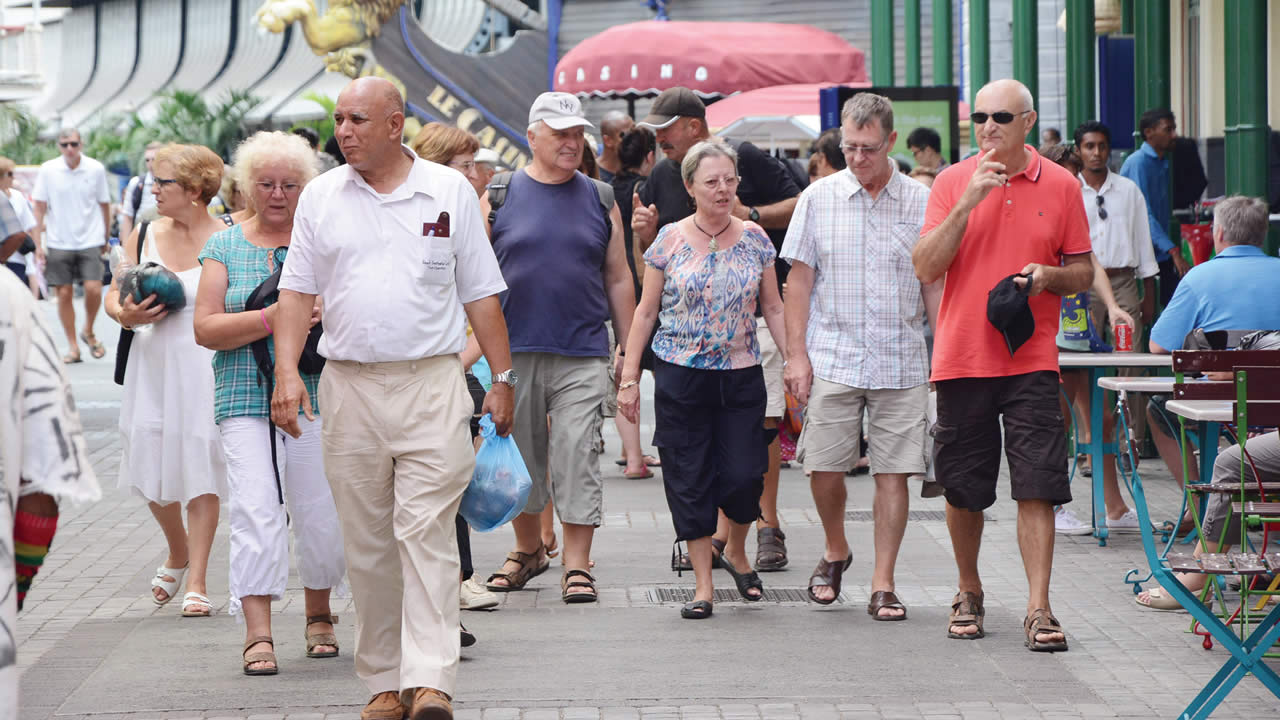
 Barlen Pillay : “There is no expected decline in global output”
Barlen Pillay : “There is no expected decline in global output”Secretary general of MCCI, Barlen Pillay maintains that in the face of tightening financial conditions, geo-political tensions, policy uncertainties and downside risks to the world economic outlook in 2019, economists from the IMF, the OECD and the World Bank alike have downgraded their growth forecasts for the year 2019. “Nonetheless, the cyclical turnaround in the global economy observed since mid-2016 is expected to continue in 2018-19. Whilst there is a predicted slowdown in global growth, we are not in a global recession in 2019 - economic growth is still expected to be of approximately 3.7 percent, similar to growth in 2017 and 2018.”
He states that according to the International Monetary Fund (IMF), there must be an extended decrease in per-capita Gross Domestic Product (GDP) worldwide for there to be a recession. “This fall in global output must coincide with a weakening of other macroeconomic indicators, such as trade, capital flows, and employment. Nonetheless, there is no expected decline in global output in 2019 - GDP shall grow by 3.7 percent according to IMF figures. Mauritius has, in recent years, shown some resilience to the global economic downturn of 2008-2009. Nonetheless, the Mauritian growth rate has decreased from an average of more than 5% pre-crisis to an average growth of approximately 3.5% post 2008. Mauritius will inevitably be affected by any slowdown in world economic growth.”
 J'aime
J'aime